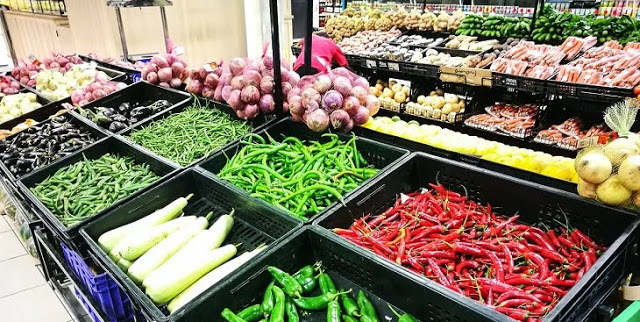Kenya’s annual consumer price inflation jumped to 5.70% in June from 5.49% in May attributed to the rise of foodstuffs according to the Kenya Bureau of Statistics (KNBS) on Friday.
The prices of spinach, kales and tomatoes recorded decreases of 2.42, 6.87, and 0.36%, respectively, in June 2019 compared to May.
“However, the prices of some other foodstuffs like maize grain, beans, green grams and sifted maize flour increased during the same month,” KNBS director general Zachary Mwangi said in a statement.
“Over the same period, housing, water, electricity, gas and other fuel’s index increased by 0.05% as a result of higher costs of house rents which outweighed notable drops in the cost of electricity and kerosene,” Zachary added in the statement.
Early in the week, Commercial Bank of Africa Limited Analysts indicated that the inflation data could show a mild pick in prices but is ‘unlikely to deter the bond rally.
“The respite from moderate increases in food prices should be offset by higher fuel prices as well as lower base effects. Even then, we don’t expect this to change course for interest rates. Liquidity will remain the overarching theme as far as interest rates are concerned,” they noted.
The yield on Kenya’s Eurobond, maturing in 2028, has declined by 100bps to 6.829% in June and by 257bps from its November peak. Similarly, the Eurobond maturing in 2048 has seen an 85bps and a 222bps decline in the same period, respectively to decline and June to date to 8.002%.
“Yields could decline further should the outlook for global growth deteriorate further occasioning more drastic intervention from monetary authorities.”
According to Cytonn Investments, food inflation is expected to be subdued, following the directive to open the duty free import window for maize from July to plug the grain shortage, which will allow traders to import up to 12.0 million bags.




